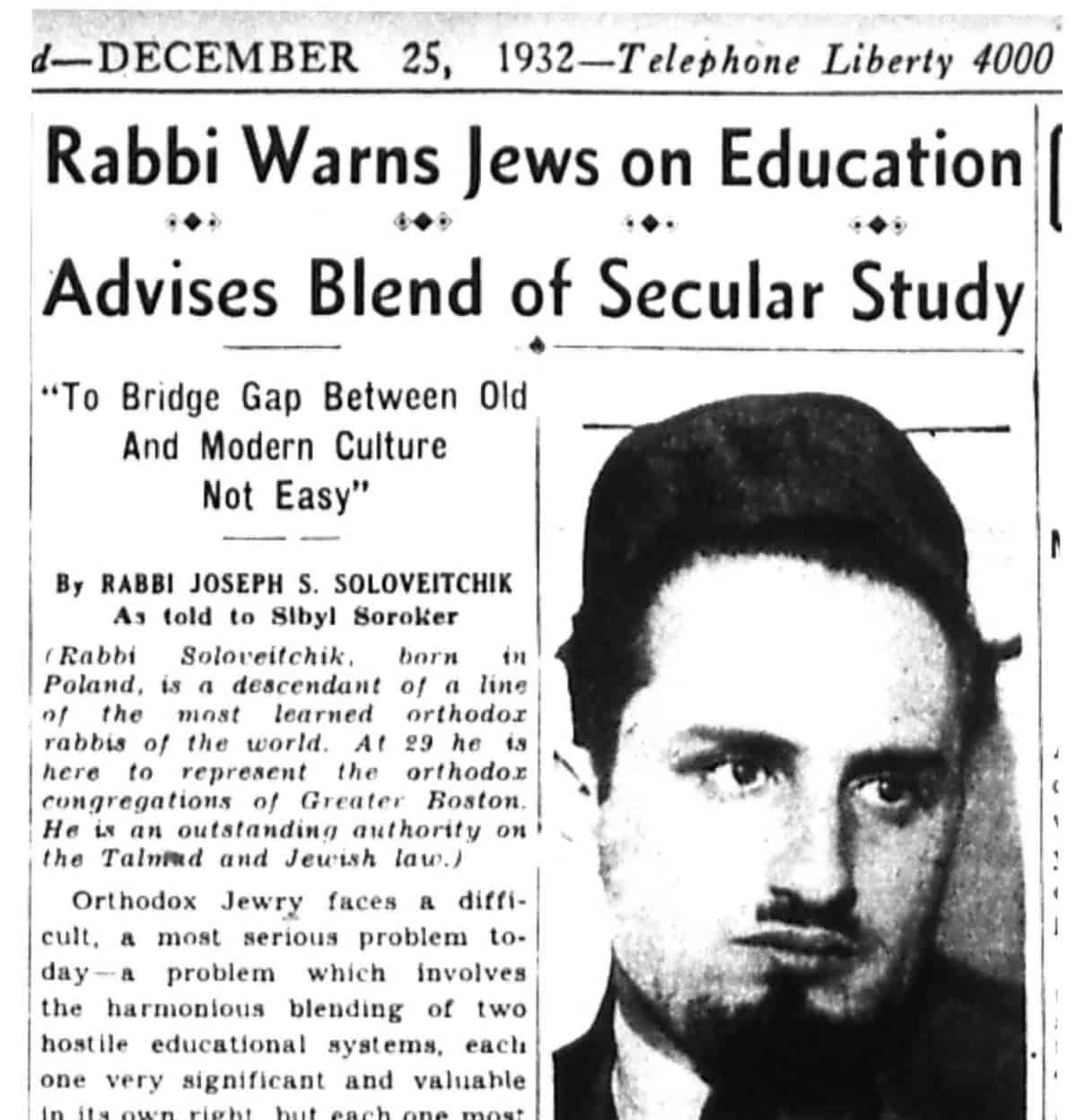Orthodox Women’s Leadership: A Proactive Approach
Malka Simkovich pushes for a proactive approach to Orthodox women's leadership.
Two Decades of Learning with Professor Halivni
Elana Stein Hain
Editor’s Note: We are running a number of pieces for the sheloshim of Professor David Weiss Halivni z"l. For Elli Fischer’s introduction...
Is Modern Orthodoxy Ready to Accept Rabbi Yitz Greenberg?
Steven Gotlib reviews the magnum opus of legendary Jewish thinker Yitz Greenberg, considering ways in which Greenberg’s newest synthesis of his ideas bring him back into conversation with the Modern Orthodox community.
Leviticus, Leonard Cohen, and the Paradox of Rest
Sarah Rindner asks what the Book of Leviticus, Leonard Cohen and the Liberty Bell all have in common.
Put a Mirror on Your Seder Table
Leah Sarna argues that this is the Passover to tell the stories of enslaved Jewish women: of the victims of October 7, who were and likely still are subjected to sexual violence, and of the heroic women in the era of the Exodus, who fought to ensure the perpetuation of the Jewish people.
Privilege and Power in the Torah
In this thought-provoking piece, Aharon Frazer traces the approach to power and privilege in the Torah from Genesis through Deuteronomy, and offers a framework for the ethical use of power in our own times.
The Arrival of Rabbi Soloveitchik in America: A Documentary Report
Yisrael Kashkin and Jeffrey Saks provide a timeline for the Rav's American arrival.
Get Rid of the Manels – and Panels Too
How should we address the manel issue? Erica Brown contends that we should simply disband panels altogether.
Should the Bible be Translated in a Gender-Sensitive Way?
Martin Lockshin reviews the Jewish Publication Society’s latest Bible translation, the JPS Tanakh: Gender-Sensitive Edition.
The Maculate Conception: Introducing a Symposium on Rabbi Prof. David Weiss Halivni
Elli Fischer
Just over a month ago, the Jewish world lost Rabbi Professor David Weiss Halivni, one of its greatest and most creative Talmudic minds...



















 Site Operations and Technology by The Berman Consulting Group.
Site Operations and Technology by The Berman Consulting Group.